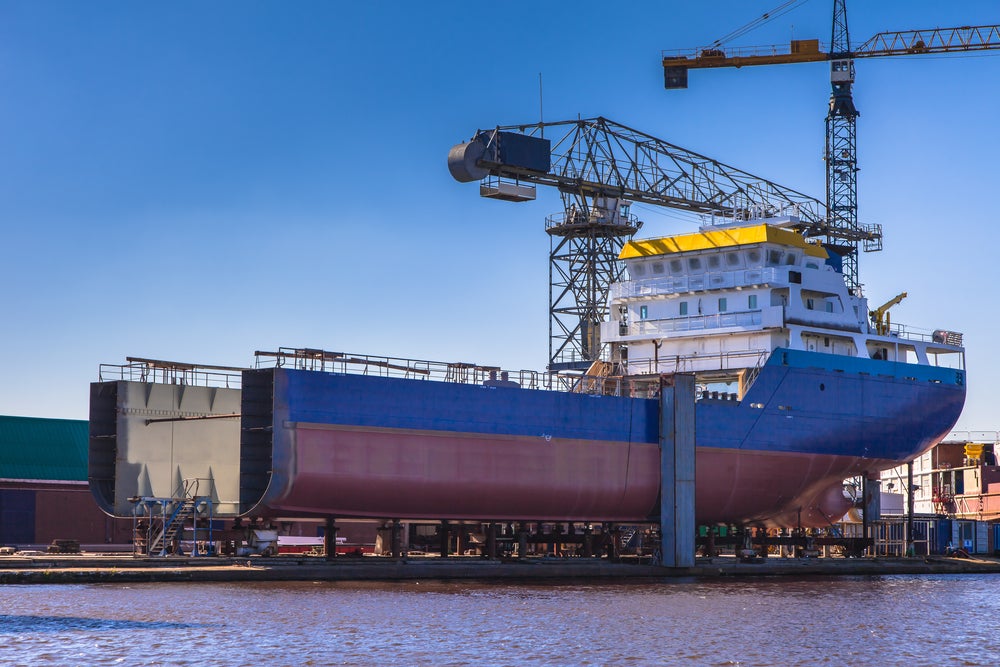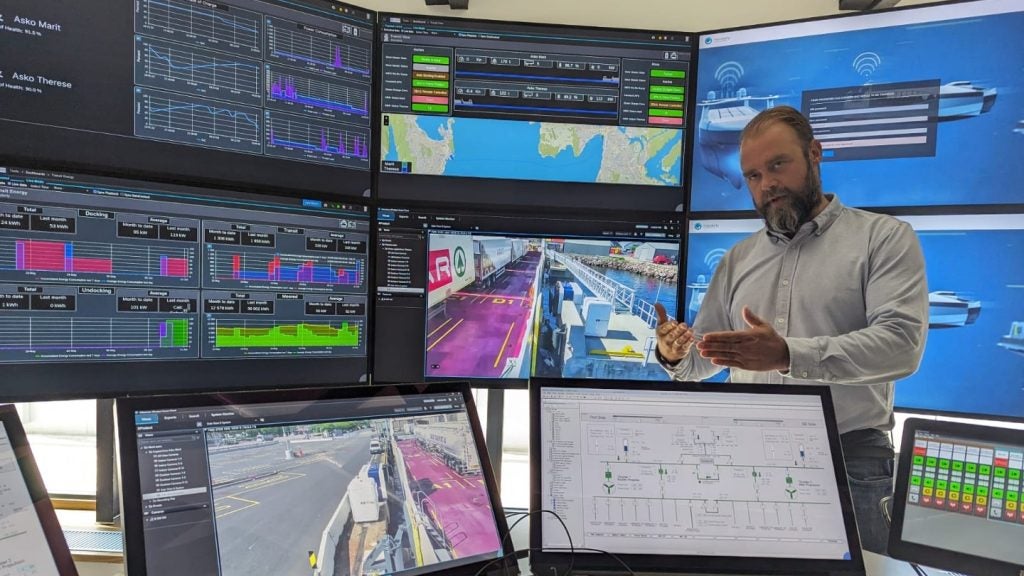The International Chamber of Shipping (ICS) has warned of possible ‘chaos and confusion’ over the implementation of International Maritime Organization’s (IMO) ship fuel rule that is expected to come into effect on 1 January 2020.
The rule requires global ship operators to use fuel that contains no more than 0.5% sulphur, once it becomes effective.
According to the ICS, if IMO does not address some serious issues regarding the regulation, the movement of maritime trade will be greatly impacted. Nearly 90% of the world’s current trade has been estimated to be moved by sea.
ICS chairman Esben Poulsson said: “The shipping industry fully supports the IMO global sulphur cap and the positive environmental benefits it will bring, and is ready to accept the significant increase in fuel costs that will result.
“But unless a number of serious issues are satisfactorily addressed by governments within the next few months, the smooth flow of maritime trade could be dangerously impeded. It is still far from certain that sufficient quantities of compliant fuels will be available in every port worldwide by 1 January 2020.
“And in the absence of global standards for many of the new blended fuels that oil refiners have promised, there are some potentially serious safety issues due to the use of incompatible bunkers.”
How well do you really know your competitors?
Access the most comprehensive Company Profiles on the market, powered by GlobalData. Save hours of research. Gain competitive edge.

Thank you!
Your download email will arrive shortly
Not ready to buy yet? Download a free sample
We are confident about the unique quality of our Company Profiles. However, we want you to make the most beneficial decision for your business, so we offer a free sample that you can download by submitting the below form
By GlobalDataPoulsson further added that the governments, oil refiners and ship charterers should understand that ships are required to start purchasing compliant fuels several months in advance of 1 January 2020.
However, no one currently knows about the types of fuel or its price, specification and quantity.
ICS also added that the governments should make significant progress on these issues at an IMO meeting to be held in July.
The organisation has also urged the European Commission to respect IMO’s new carbon dioxide (CO2) reduction strategy, which was adopted last month.






